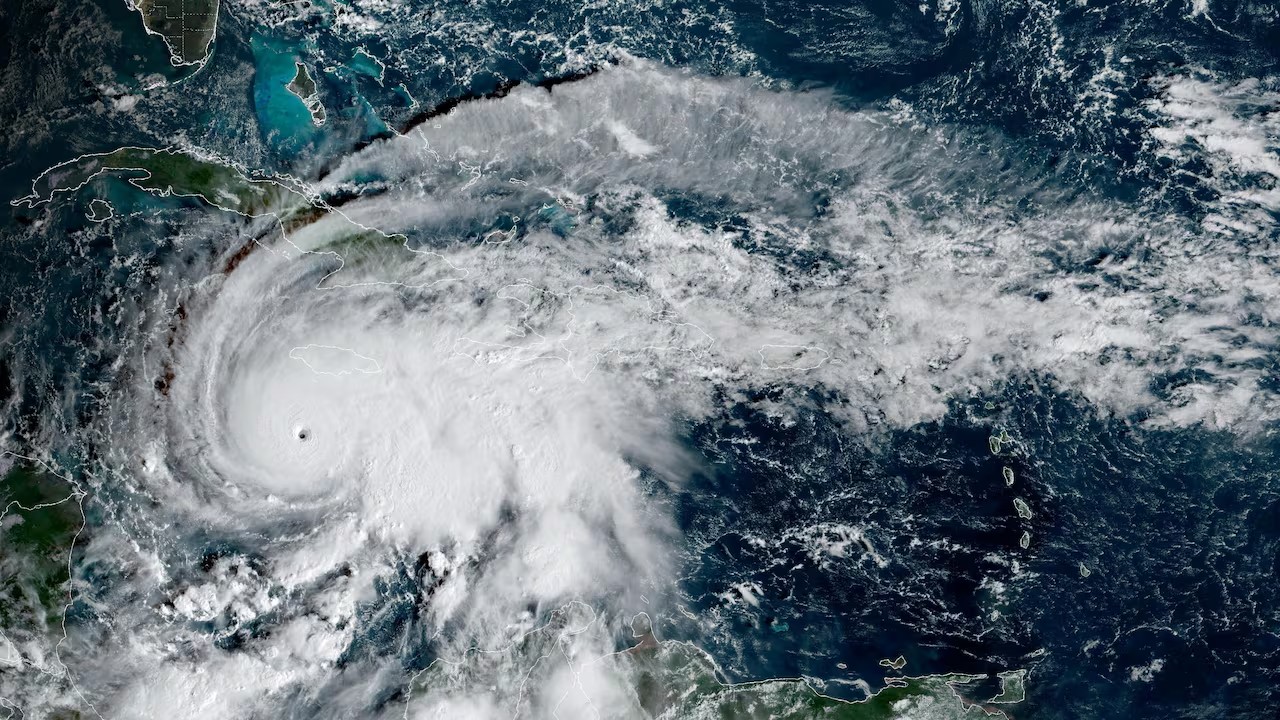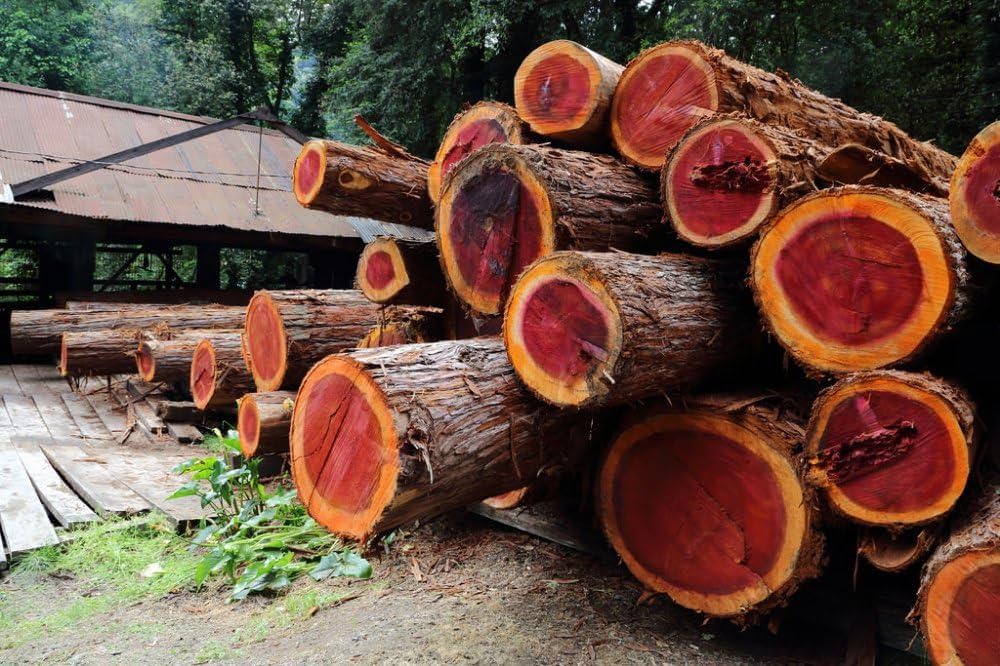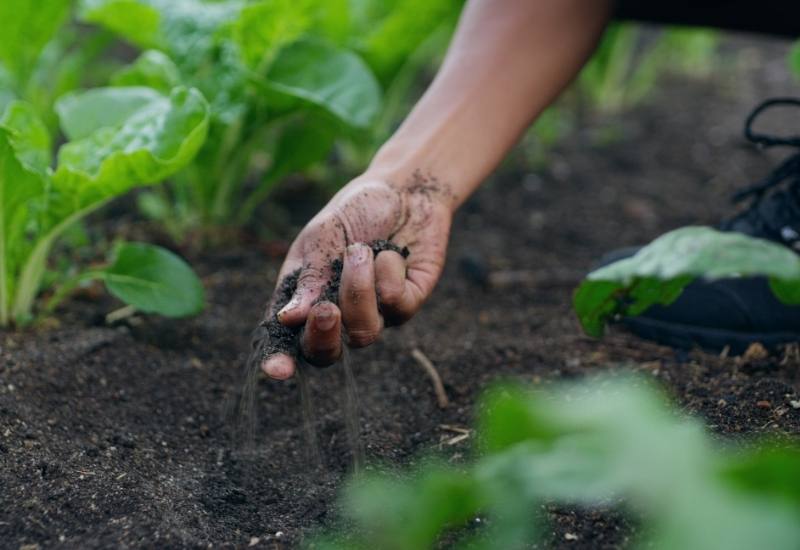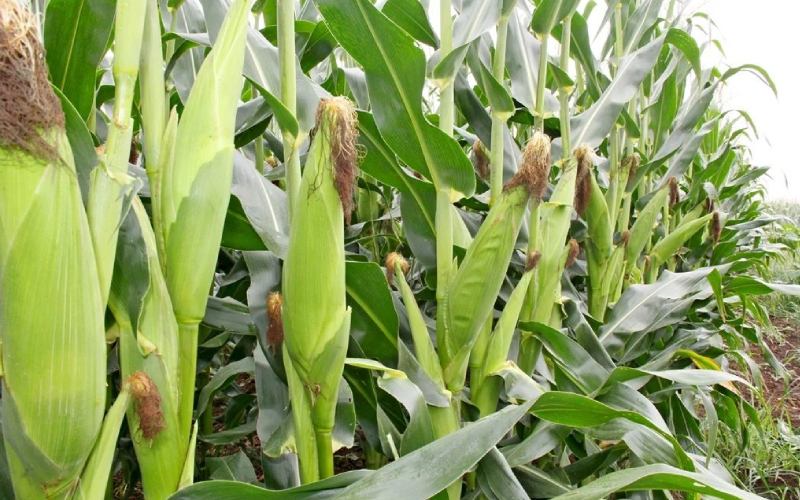- Waste has been considered a bother in many households and therefore a non-profitable entity. However, the Kenya Climate Innovation Center (KCIC) begs to differ, as it has owned the responsibility to provide innovative climate change solutions while nurturing a spirit of entrepreneurship by providing business support and awareness creation to bring as many individuals on board as possible.
Waste has been considered a bother in many households and therefore a non-profitable entity. However, the Kenya Climate Innovation Center (KCIC) begs to differ, as it has owned the responsibility to provide innovative climate change solutions while nurturing a spirit of entrepreneurship by providing business support and awareness creation to bring as many individuals on board as possible.
The authority has strived to ensure the good word (waste management and environmental conservation) spreads far and wide by partnering with media spaces to hold discussions dubbed “Townhall Series.”
Dr Sam Kotut, CEC Environment and Climate Change, Uasin Gishu, confirmed that the KCIC is implementing Sustainable Waste Innovation for Future Transition (SWIFT) through funding from Ingvar Kamprad, Elmtaryd (IKEA) Foundation. The goal is to transform the waste management sector through business support to waste enterprises.
“People need to be educated in order to understand that waste can be turned into business in the following ways: segregation of household wastes into either organic or inorganic, and therefore, when people realize that solid waste can be of monetary value, then they will know where to take it,” he said.
KCIC Programme Manager Jabez Mutune also touched on civic education and policy issues related to waste management, hinting at a flipped script in which citizens pay for the segregation of their waste.
Read More
“The element of data is also important. The waste management Act 2022 stipulates and mandates the provision of data for the counties to the authority. So how can we re-source the counties to be able to provide data because we believe data clearly stipulates the opportunity, which later stipulates policy, which stipulate investments used in sustenance of the sector,” he noted.
Mutune added that the success of this initiative will demand a collective approach by many parties. He emphasized that we all have a position in the waste management team.
Coordinator Old Uganda Road Enterprises, Blessing Mzungu, mentioned the full basket of goodies presented to society by waste enterprises, saying, “First of all, we have created employment opportunities for our youth, both skilled and unskilled. Second, there is improvement of health in the community. Thirdly, there is improvement of the environment with a reduced rate of careless dumping.”
However, waste enterprises' white ambition has been tarnished by issues like non-compliant clients, burdensome licenses, and transportation hitches that lead to dumpsites.







